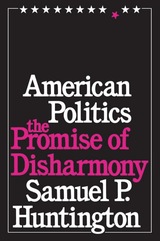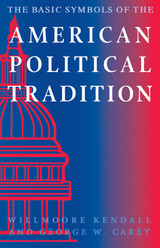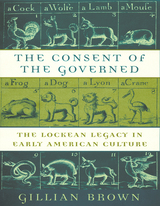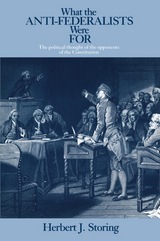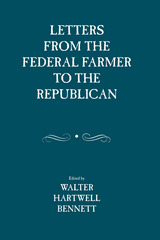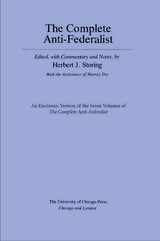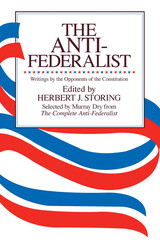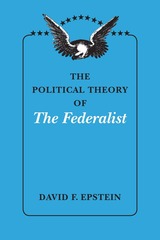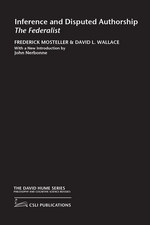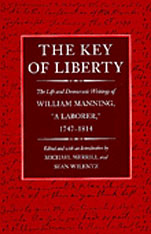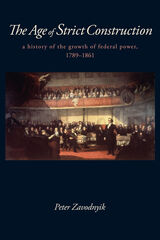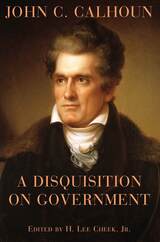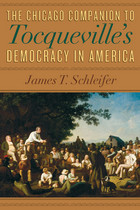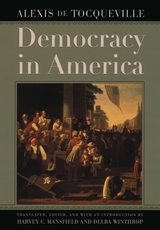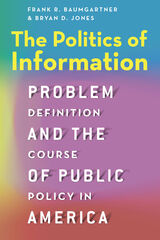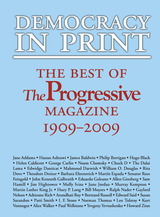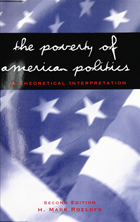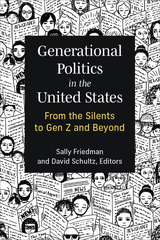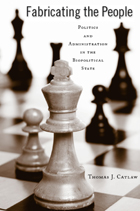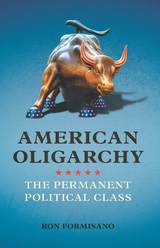Cloth: 978-0-674-77945-7
Library of Congress Classification JK216.N44 1982
Dewey Decimal Classification 320.973
William Nelson reinterprets nineteenth-century American history as a struggle between majority rule and minority rights. From this fresh point of view, he traces the roots of American bureaucracy.
Nelson analyzes the majority–minority tension form the Jacksonian revolution of strong party rule and majoritarian decisionmaking through the abolitionist crisis, the Civil War, Reconstruction, and the rise of industrialism. He shows that ultimately political and legal pluralism emerged to protect minority and individual rights. The instrument of a professional bureaucracy with neutral political standards was fashioned. Personalities as seemingly disparate as Henry Adams, John W. Burgess, Charles W. Eliot, Christopher Columbus Langdell, and Theodore Roosevelt all contributed in an effort to stop the centralizing impact of democracy.
Nelson’s new way of thinking about the period puts into different perspective the actions of the three branches of federal government, its courts and administrative agencies, and even the states. All shifted toward bureaucratic or neutral standards, reliance on experts, and professionalization. Legal thought changed from an instrumental to a formal reasoning style, civil service tamped down partisan politics, and in Congress, seniority and the committee system check democratic tendencies.
See other books on: 1830 - 1900 | Bureaucracy | Constitutional history | Nelson, William E. | Roots
See other titles from Harvard University Press

